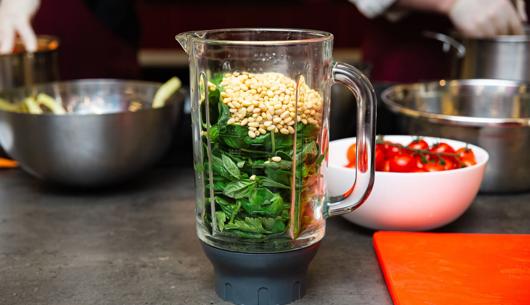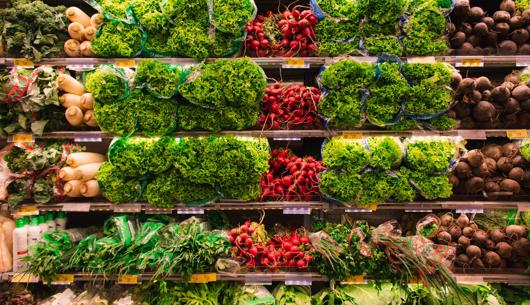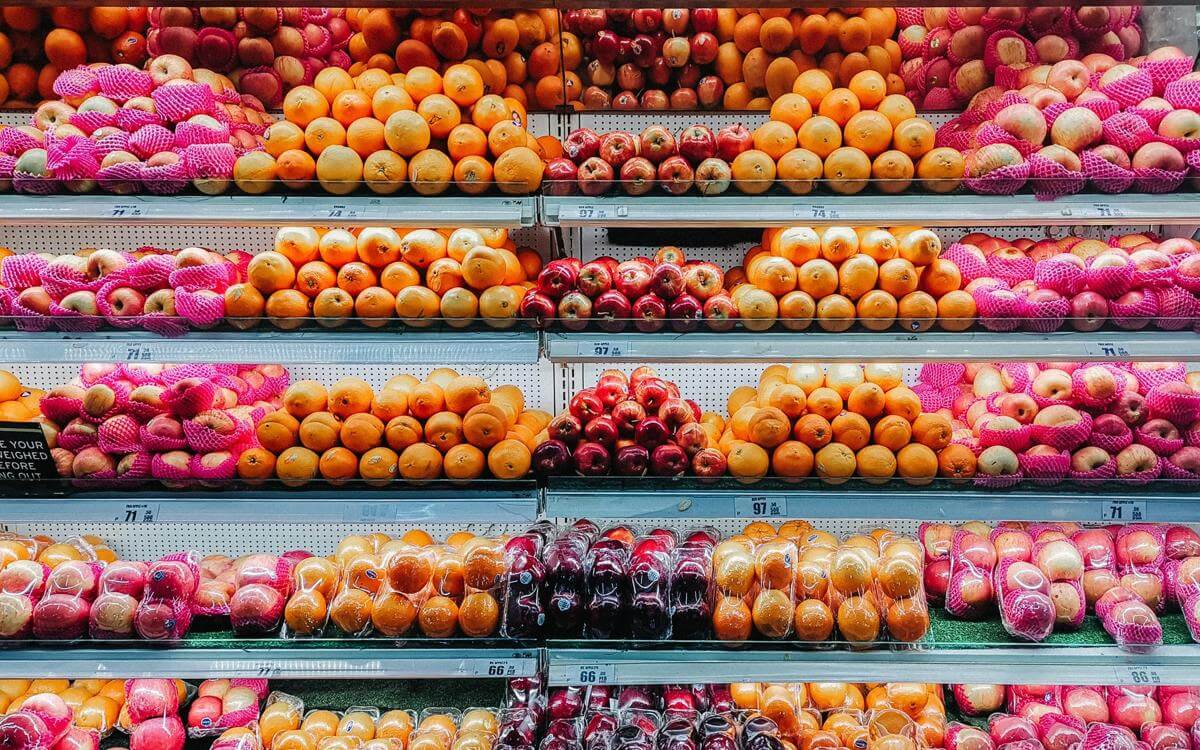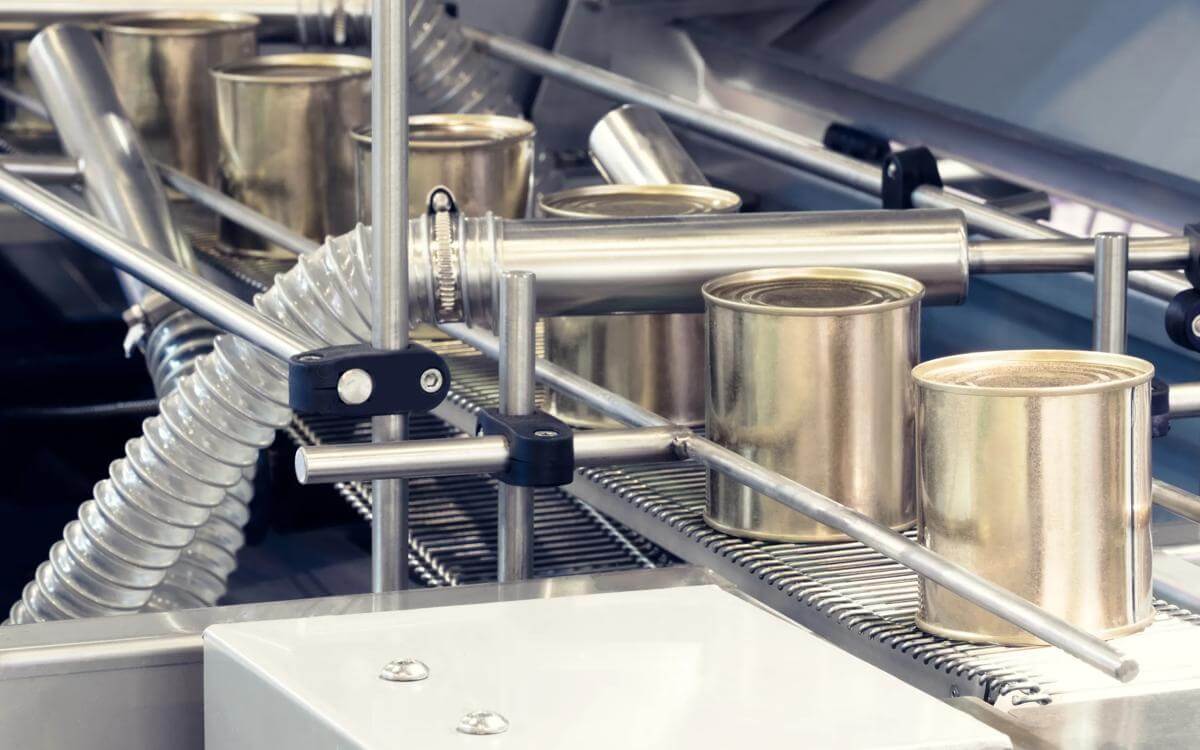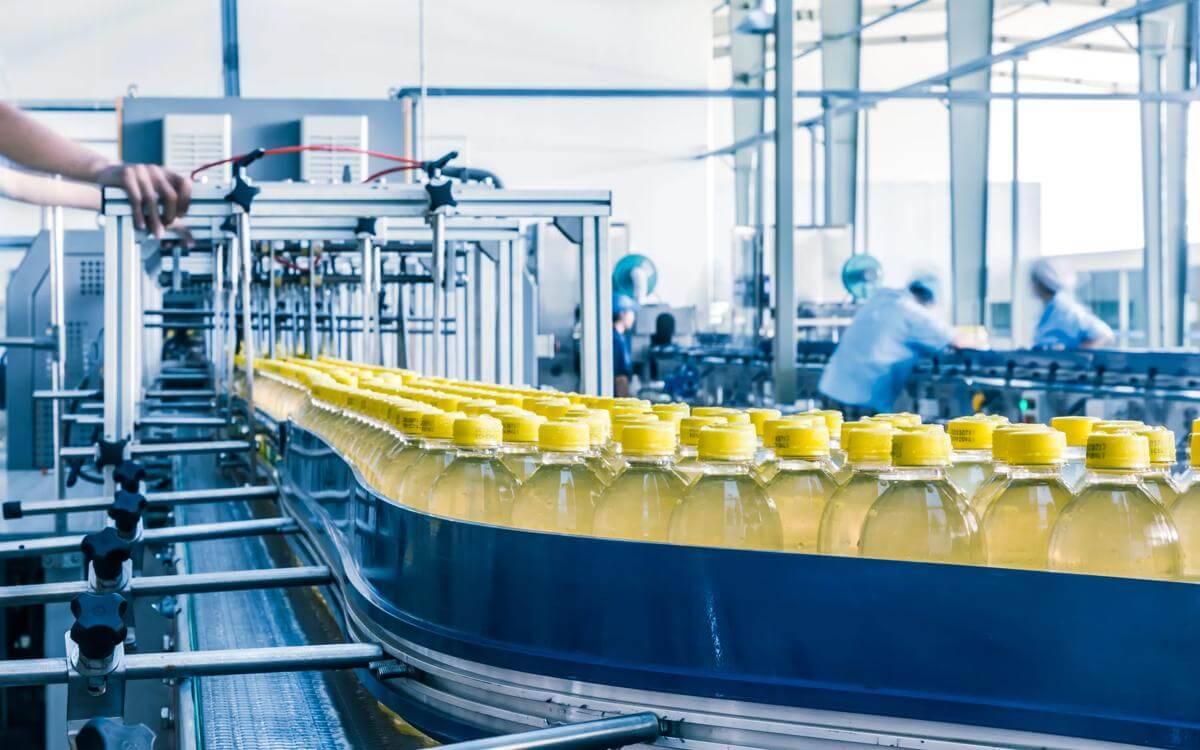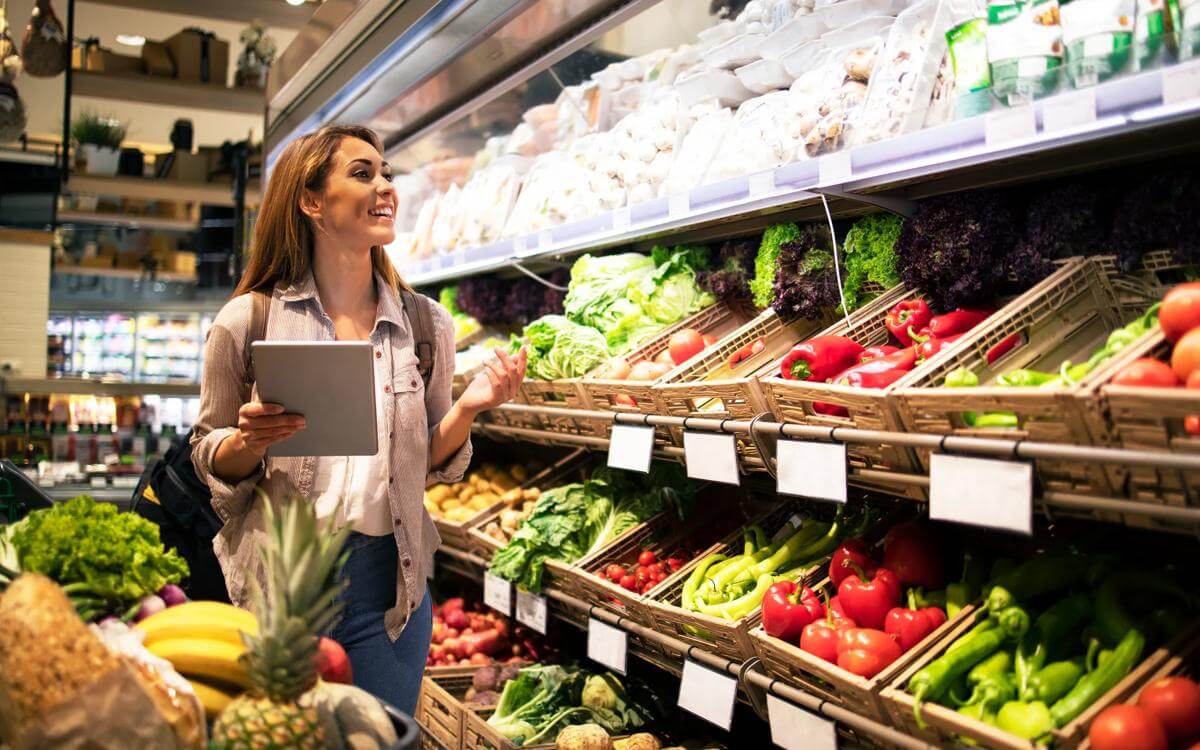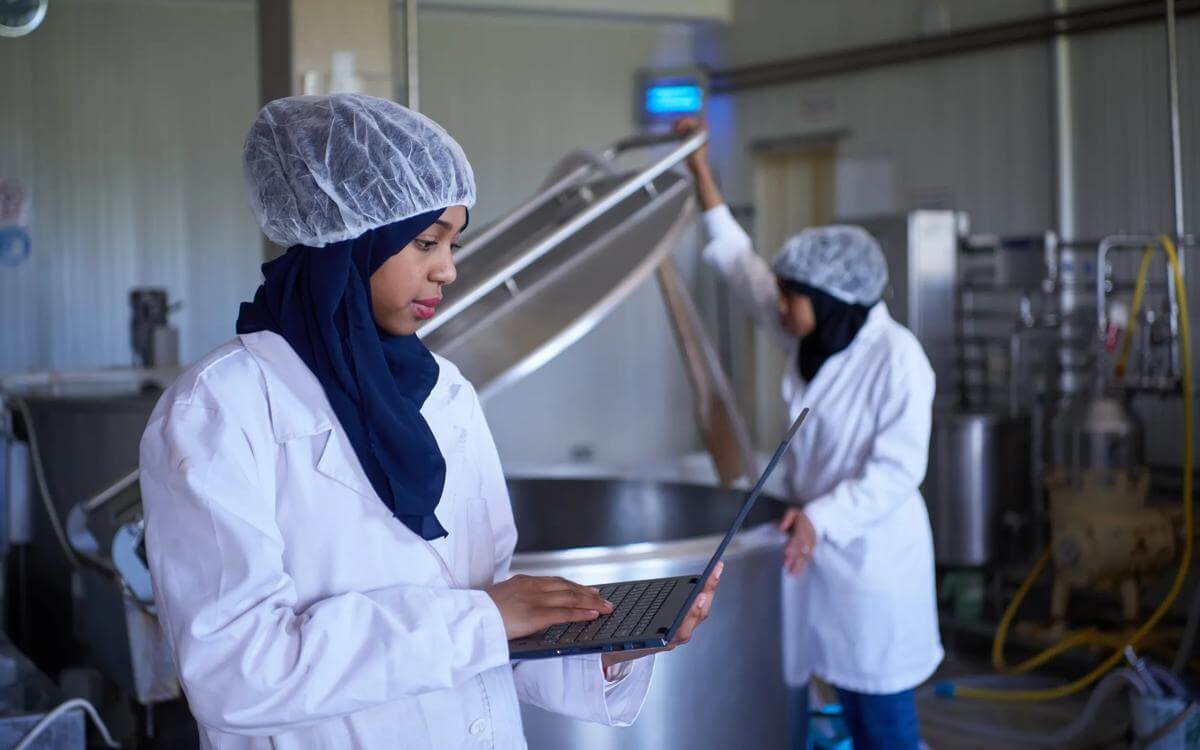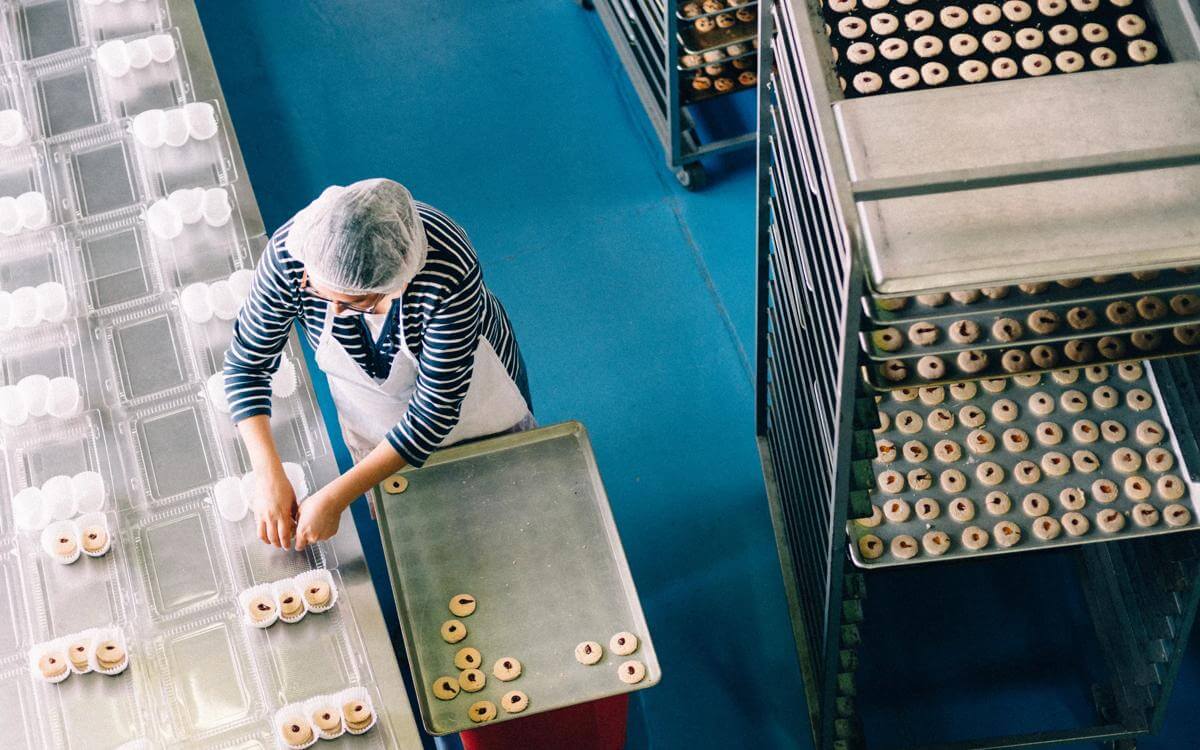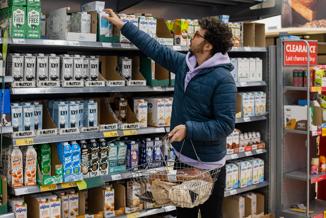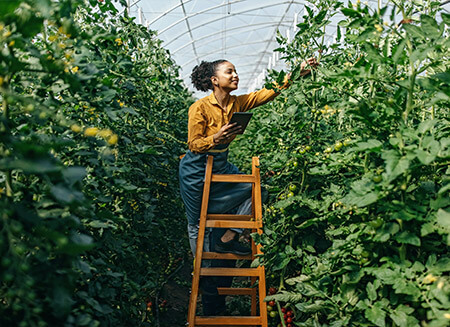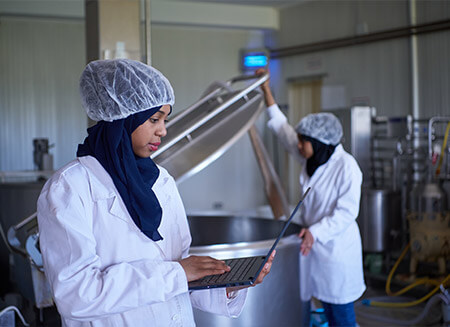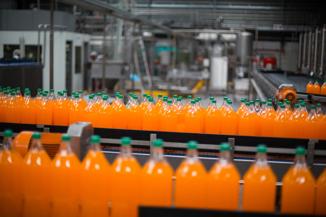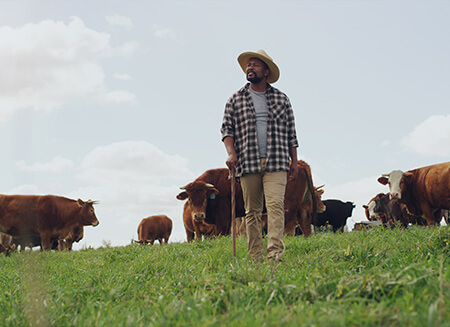The UK Government has recently unveiled its ambitious Food Strategy for England, dubbed the 'Good Food Cycle'.
The Government promises to transform our food system into something "healthier, more affordable, sustainable and resilient” by introducing initiatives to allow businesses to invest in innovative and healthy products to increase supply chain stability across England.
While the vision is appetising and presents a unique opportunity for many businesses, the reality facing food and drink manufacturers tells a more complex story.
A bold vision for Britain’s plate
With the UK's food and drink sector employing over 4.2 million people and representing our largest manufacturing sector, the significance of the food and drink sector in the UK cannot be understated. In light of growing economic pressures and a complex regulatory environment, it is no surprise that the government has chosen to formulate a new strategy to address the current low confidence within food and drink manufacturing.
The strategy identifies 10 priority outcomes across four key areas, with pledges to invest to ease supply chain and cost pressures:
- healthier and more affordable food,
- good growth,
- sustainable and resilient supply, and;
- vibrant food cultures
Most notably, the government confirms a commitment to negotiate a SPS Agreement with the EU to "make agrifood trade with our biggest market cheaper and easier", which was also a key theme in the Modern Industrial Strategy paper, while cutting administrative costs for businesses by 25% by the end of parliament.
Bitter pills to swallow
While the strategy is a positive development, successful implementation faces substantial hurdles in the present economic climate.
Between January 2021 and April 2025, UK food prices increased by 36%, with food price inflation reaching its highest point in 45 years at 19.2% in 2023 . More recently, total production costs have increased by 6.3% over the year to June, while selling prices rose by only 4.4%, squeezing margins precisely when investment in sustainable practices is most needed.
The Food & Drink Federation’s Q1 industry report places wider concerns into the spotlight, with 84% of manufacturers citing the ongoing financial impact of recent government policies as their primary concern for the coming year, while labour shortages have risen to 4.2% and two-fifths of businesses expect to decrease their employee headcount over the next 12 months.
Our inward investment campaign, which focused on manufacturing in the food and drink sector, has also highlighted that the current geopolitical uncertainly caused by US tariffs remains at the forefront of manufacturer’s minds, with 46% of those surveyed stating that current tensions are likely to have an impact on investment.
The short-term view in the market is very much one of caution, with regulatory expenses becoming the main cost driver while falling consumer demand poses significant challenges amid uncertainty over the upcoming Autumn Budget.
Opportunities for the sector
Despite current short-term challenges, the Good Food Cycle represents a unique opportunity for forward-thinking businesses to obtain a long-term commercial advantage.
The strategy's emphasis on sustainability and health aligns perfectly with evolving consumer preferences, positioning the UK as a leader in innovative food production. We consider that this presents the following opportunities for the UK market:
Innovation and export leadership
The strategy creates substantial opportunities for UK businesses to lead global markets in sustainable food technology. With the government backing research into precision fermentation, vertical farming, and alternative proteins, early adopters could secure significant competitive advantages in rapidly growing sectors.
The alternative protein market represents a major growth opportunity for UK innovators seeking to establish market leadership, with the promised SPS Agreement and the existing EU-UK deal providing an opportunity to capitalise on growing international demand.
Financial incentives and market positioning
The strategy introduces significant financial benefits in conjunction with a commitment to cut costs for businesses, which should overtime ease the barrier to entry and free up substantial resources for investment in innovation, with 81% of businesses expecting government incentives to play a key role in investments moving forwards.
As the Government continues to introduce new schemes, we anticipate priorities like reducing food waste and promoting alternative proteins are likely to gain further traction in the market.
Partnerships
Over the coming years, we anticipate seeing a rise across the market in collaborative partnerships between businesses, academia and the Government, to accelerate the development of products, which is likely to allow businesses access to cutting-edge technologies previously available only to major corporations in the market.
Technological advancements
We expect businesses who continue to invest in supply chain automation, technological improvements and AI, will obtain a first mover advantage and will be able to act quicker in scaling and introducing more innovative products to the market, such as alternative protein sources, which has been noted as major deal drivers across the sector.
Resilience of the sector
Research by the Food & Drink Federation signals business may already be shifting their approach to align with the above opportunities, with 84% of manufacturers planning to maintain or increase investment in the next year with product innovation being at the heart of this drive.
47% of manufacturers plan to invest in additional plant and machinery to improve supply chain automation, with a notable 30% indicating a clear intention to invest heavily in R&D spending. This suggests many businesses are already taking steps to prepare for the transformative changes that the strategy envisions.
This recent trend is one of many reasons why optimism regarding investment opportunities within the sector remains high, with M&A activity currently at an eight year high across the sector.
The resilience of the food and drink market against the current economic background demonstrates the fundamental strength and confidence in future growth opportunities. If the government can deliver on “ensuring that regulation promotes innovation and drives economic growth ” in the food and drink sector, we anticipate this trend will only increase.
The final course
As the government notes, "Britain is what it eats: a proud, diverse, and resilient nation" with "a rich food culture, a dynamic and innovative industry, and a global reputation for quality and integrity."
The Good Food Cycle offers a roadmap to build on these strengths, in what could be an important first step in addressing the current lack of confidence in food and drink manufacturing.
Long term market sentiment remains positive, with 59% of manufacturers expecting to increase their output over the next 12 months. For businesses willing to embrace change while managing risk strategically, the Government’s new strategy could indeed prove to be a recipe for sustainable growth.
Support and resources
Our food and drink team act for major players in the food and drink industry from farm to table, utilising their knowledge and expertise to help business continue to thrive in a challenging market, through certain advice and accessible updates.
If you would like to learn more about the services our food and drink team offer, please contact a member of the team.
Contact

Matthew Hopkins
Associate
matthew.hopkins@brownejacobson.com
+44 (0)330 045 1021







